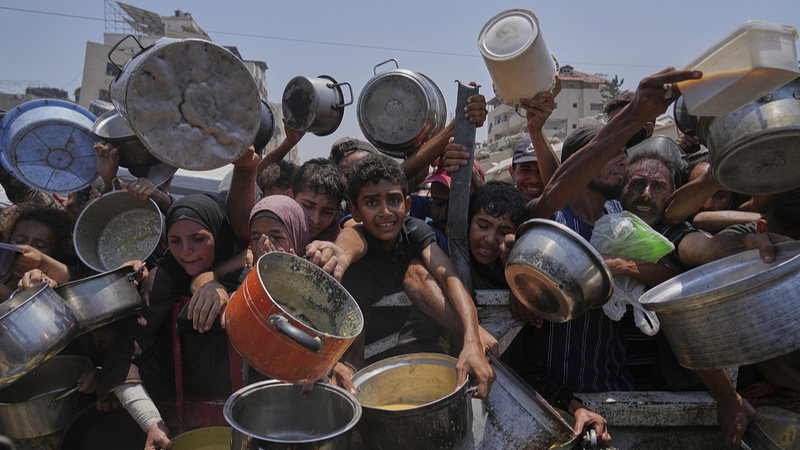As dusk falls over a conflict-torn Gaza Strip, a beacon of hope emerges. Widespread malnutrition and escalating hunger have spurred Israeli authorities to authorize humanitarian aid airdrops— a welcomed, if temporary, relief for those bearing the brunt of the crisis. 🚁
On Saturday evening, the Israel Defense Forces announced that airdrops would resume later that night, coinciding with a brief pause in military operations for Sunday. Reports confirm that aid packages containing essentials like flour, sugar, and canned food have been delivered over various locations in northern Gaza.
This initiative also includes plans to set up designated humanitarian corridors to aid United Nations convoys in safely distributing more supplies. However, while these drops bring vital resources, international organizations and the United Nations caution that such measures alone cannot fully address the growing starvation crisis. In some instances, falling crates have even resulted in injuries, underlining the challenges inherent in air-delivered aid.
For residents of Gaza, each supply drop is a lifeline amid overwhelming adversity— although many agree that more comprehensive efforts are needed to truly turn the tide against hunger. As the situation evolves, all eyes remain on further steps that could bring lasting relief.
Reference(s):
Israel finally allows aid airdrops amid growing starvation in Gaza
cgtn.com




